How Global Conflicts Are Shaping Africa.What It Means for Uganda and East Africa?
From the war in Ukraine to the Israel-Gaza crisis and rising tension between China and the West, the world feels increasingly unstable. But what do these distant power struggles mean for Africa — and for everyday life here in Uganda and our East African region?
Here’s what you need to know!
Africa Feels the Shock First in Food and Energy when bombs fall in Ukraine, bread prices rise in Africa.Why? Because Ukraine and Russia produce nearly a third of the world’s wheat and huge amounts of fertilizer. When war blocks Black Sea ports or destroys farmland, Africa’s food imports shrink — and prices jump.Countries like Egypt, Sudan, Kenya, and even Uganda have felt this directly:
Higher cost of wheat = more expensive bread and chapati.
Costlier fertilizer = higher farm production costs.
Oil prices = go up when conflicts disrupt supply routes — hitting fuel stations and public transport costs here.
For many Ugandans, this means daily struggles to keep food on the table and afford transport.
Debt trap?
Debt Pressure and Budget Squeeze many African nations, including Uganda, borrowed heavily for roads, dams, and big dreams like oil production. Some of this debt comes from China — other loans come with strict Western conditions.When global conflicts push up interest rates, debt repayments get tougher. Uganda, Kenya, and Tanzania already spend a big chunk of their national budgets paying old loans — leaving less money for health, education, and public salaries.Global conflicts also divert aid money elsewhere — for example:Europe and the USA channel billions to Ukraine’s defense.Donors tighten budgets for African projects.So, governments here must either borrow more expensively or cut spending — both tough choices for leaders and citizens alike.
Risks Closer to Home.
While Africa’s direct wars are different, global conflicts can still fuel instability:Russia’s Wagner mercenary network has operated in parts of Africa, including Central Africa and the Sahel.More arms flow into fragile neighbors like South Sudan and DR Congo — destabilizing borders.Tensions in the Middle East spill over via radicalization — for example, Al-Shabaab in Somalia may exploit global Islamic grievances to recruit fighters.For Uganda and East Africa, this means bigger defense budgets and tighter border controls — money that could otherwise improve schools and clinics.
The China–USA Tug of War:
With Africa in the Middle, Africa is increasingly a prize in the China–USA rivalry:China builds roads, railways, and power dams — like Karuma and Isimba in Uganda.The West pushes for governance reforms, human rights, and free markets — and threatens to cut aid when local laws (like Uganda’s anti-LGBT law) clash with their values.
For East African governments, this means a balancing act:
Keep China happy for big infrastructure deals.Keep Western partners supportive for aid and trade.Avoid getting caught in sanctions or trade wars.Uganda’s recent World Bank funding freeze and resumption are a good example: policy choices here directly affect foreign support.
So, What Does This Mean for Uganda’s Future?
-Expect price swings: Global conflicts will continue to cause food and fuel price spikes. Better local food production and storage are key buffers.
-Focus on debt sustainability: Uganda needs to manage oil money wisely when production starts in 2026 — to pay loans without falling into a debt trap.
-Guard regional peace: Stable neighbors mean a stable Uganda. Diplomacy, peacekeeping, and good relations with South Sudan and DR Congo are crucial.
-Smart diplomacy: Uganda must keep ties with China, the USA, and Europe balanced — so it can access loans, aid, and markets without taking sides in conflicts.
Key Takeaway. While conflicts in Europe, the Middle East, or Asia may feel far away, they affect what we eat, how much fuel costs, where our taxes go, and how safe our borders are. These all are quietly shaping Africa and her nations’ economies.
For Uganda and East Africa, resilience means:
Investing in local production, Managing debt smartly, Keeping the region peaceful, Staying neutral and pragmatic in a divided world.
✅ Stay Informed for more updates on how global politics impacts Uganda, East Africa, and Africa at large, keep following us on http://mrupdates.com. We break down big stories into simple facts you can trust. # shaping Africa
more: World Bank Resumes Uganda Funding After Anti-LGBT Law Freeze



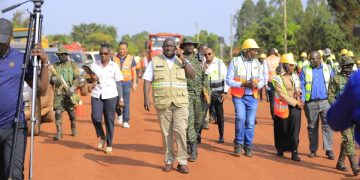
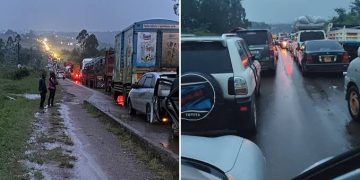





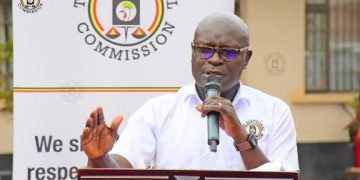
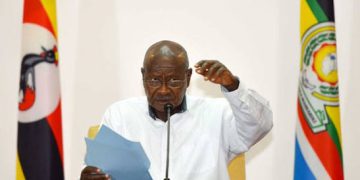

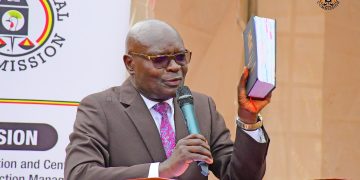
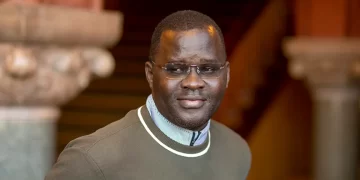





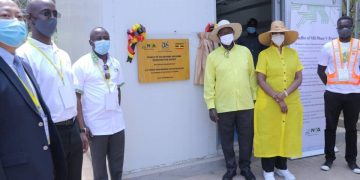

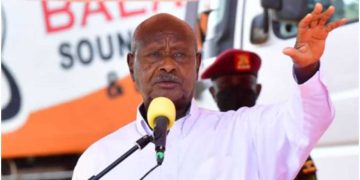
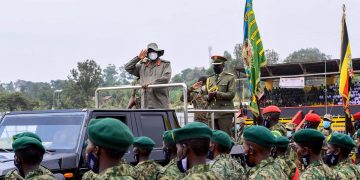




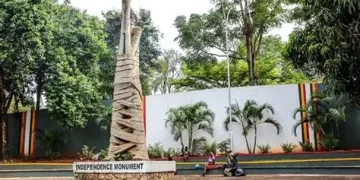

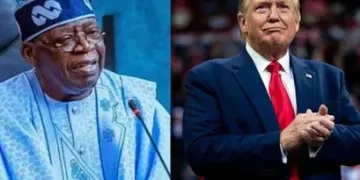






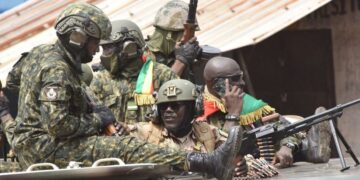








Discussion about this post